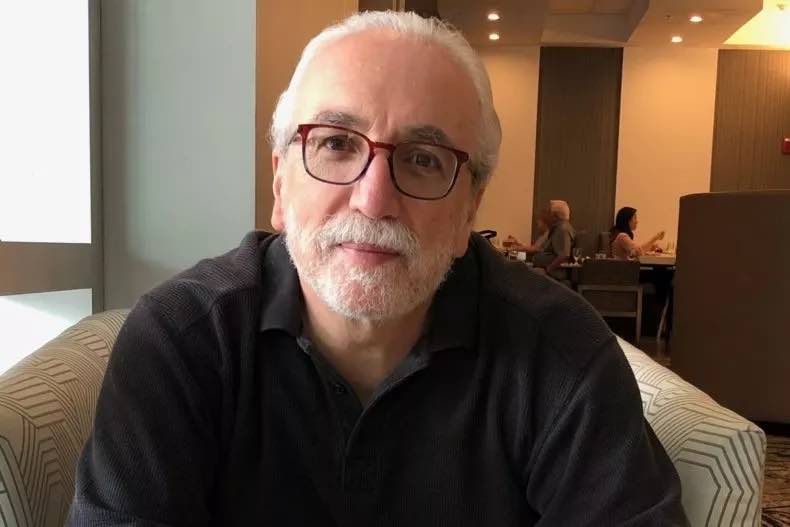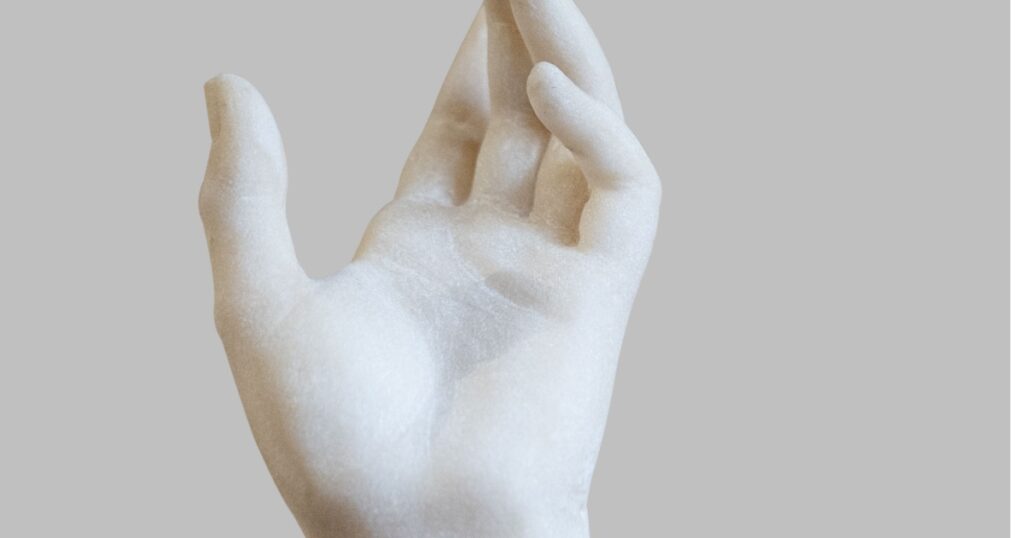John Ficarra is a writer and former editor in his late 60’s. While on a family trip, he suffered an episode of difficult breathing, before ultimately needing bypass surgery. His unexpected health scare prompted him to share a warning not to ignore shortness of breath and a reminder to ‘make the most‘ of life. Ficarra explains in a recent article for Newsweek that he was visiting his family in Florida when he’d been included in a football game with his great-nephews. Only three plays in, Ficarra found himself unable to continue. However, he brushed it off as, “My woefully out-of-shape condition, coupled with the Florida heat, had me gasping for air.”
Ignoring Important Signs

Although he continued his day without giving it a second thought, his shortness of breath returned two days later. Only this time, it was accompanied by another symptom. Ficarra stood at the Newark airport with shortness of breath and chest pains, stopping every few feet, as he said, “to catch my breath and let the pain subside.” Admittedly, he’s experienced symptoms like these before, but never as severe. He adds, “Like most late-middle-aged, faux-macho men in denial, I was easily able to rationalize my symptoms as my being out of shape, or the lingering long-term effects of COVID, or simply ‘just something I ate.'” Again, Ficarra continued to go about his business, until “exactly two weeks after the airport incident” when he found himself in the hospital. He was in the cardiac catheterization lab, speaking with a surgeon about bypass surgery. The self-proclaimed, “spry 68-year-old” was confused having “never been sick a day in his life.” However, he had four blocked arteries, two at 100% while the others were 90% and 80%.
Detailing the Hospital Visit

His procedure was scheduled for the following day. He was admitted to the hospital to await his pre-surgery phone call. After getting the call, he made the 150-foot walk to the operating room and came to about 7 hours later. However, it wasn’t a peaceful awakening. “I could hear my girlfriend and my daughter calling out my name. I couldn’t respond, mainly because of the rusty ’57 Chevy exhaust pipe—medically referred to as “the ventilator”—which was lodged down my throat and triggering my gag reflex,” he said in his article for Newsweek. “I motioned for a pen and scribbled the word “gag” on the back of a tissue box. Someone said, ‘We want to make sure you can breathe on your own before removing it.'” Several hours later, he awoke again to find the tubes had been removed, but he was still “tethered to a multitude of other tubes and sensors.”
Meeting an Angel

Although it wasn’t under the best circumstances, John shares that he met Calie, “an angel from Heaven, dressed in a nurse’s uniform. His O2 level was dropping. Meanwhile, his BP was soaring. “We need to stabilize you.” She told him. “Should I call home?” He questioned. “No, you’ll be okay.” She said. Sometime later, he again needed stabilization. “Calie was still in my room, but now she was joined by two other nurses and the on-call cardiac doctor. I looked up at her,” he shared. “I want to call home and say goodbye to my daughter,” I said. I fell back to sleep, but not for long. Once again, the monitor was beeping loudly.” She reassured him there would be no need to call home. “You would tell me, right?” He questioned her. Calie reassured him she would tell him, then “reached down and gently took my index finger in her hand.” He shared in appreciation. “It was an instinctive gesture, filled with kindness and empathy, probably something she’s done with hundreds of patients and I doubt she even remembers. But it is something I will never forget. It gave me a human connection at a time when I was in desperate need of one.”
Read More: Man who survived heart attack captured the exact moment it took over his body
History Replicates Itself

John has a family history of health problems. He was 14 and present when his grandfather suffered from similar symptoms while the pair were at a wrestling match. His cause of death was coronary artery disease. He also notes that both parents underwent procedures, each requiring stents.
A Gentle Reminder

Everyone responds to circumstances differently than one another. Some who have had significant medical procedures become “renewed” and find a new perspective. However, for John, that wasn’t the case. Instead, his surgery was a powerful reminder of fleeting time. “The other day in rehab, the nurse told me she’s had many patients who lived 20 years or more after undergoing bypass surgery.” Ficarra shared. “She meant well, but it brought me up short. When you’re in your late sixties, 20 years is a very knowable amount of time. It’s finite and can fly by. I have shirts in my closet that are 20 years old. It’s not really much time at all.” He added, concluding, “I need to get busy making the most of what remains.”
Read More: Lupus Symptoms: 13 Ways to Spot Lupus Disease Early
h/t: Newsweek

